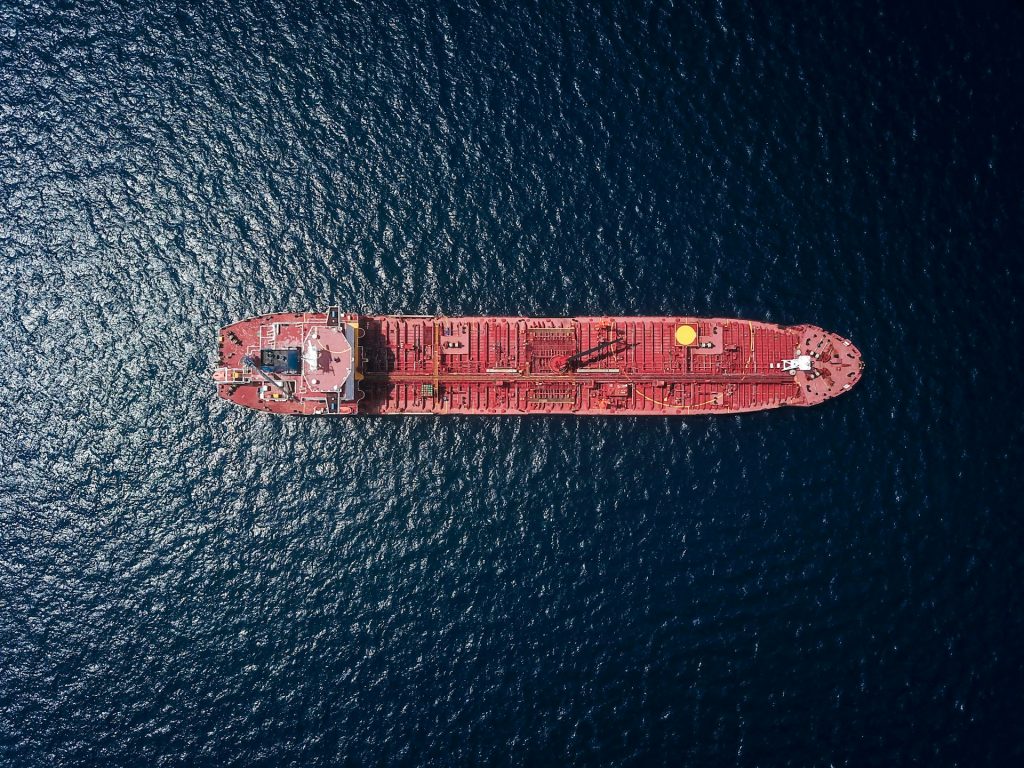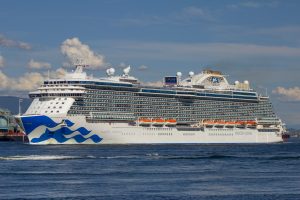Marflet Marine, a Spanish shipping company, will be the first to incorporate rigid sails on one of its oil and chemical tankers, the Santiago I. This wind-assisted propulsion (WAP) technology aims to “reduce the use of conventional fuel, optimizing operational costs and lowering greenhouse gas emissions,” the company states, framing this initiative as part of its decarbonisation strategy. Specifically, the Santiago I is expected to save between 10% and 15% on annual fuel consumption and CO₂ emissions, depending on the ship’s route and operations, according to the company.
Marflet has signed a contract with the Spanish company Bound4blue for the manufacture of four 22-meter-high suction sails. The installation will take place in 2025 and will be handled by the engineering firm Cotenaval.
Innovation from Cantabria
Bound4blue’s suction sail technology aims to autonomously reduce fuel costs and emissions. It is applicable to tankers, bulk carriers, Ro-Ros, cruise ships, ferries, gas carriers, and general cargo ships, regardless of their size or age. Founded in 2014, Bound4blue is headquartered in Cantabria, Spain, with offices in Barcelona and Singapore. To date, the company has installed its technology on four ships and has signed agreements to install the system in the fleets of other shipowners such as Eastern Pacific Shipping, Louis Dreyfus Company, and Odfjell.
“More and more shipowners are realizing the great potential of wind as a decarbonisation force within the industry,” says José Miguel Bermúdez, CEO of Bound4blue. He highlights Marflet’s adoption as significant for being the first Spanish shipowner and for demonstrating this solution as “ideal for tankers” like the Santiago I.
The adoption of rigid sails represents a significant step towards greener maritime transport. Marflet Marine’s initiative not only sets a precedent within the Spanish shipping industry but also contributes to global efforts in reducing carbon footprints and promoting sustainable shipping practices.










More Stories
Samsung Reports Sharp Decline in Operating Profit Amid Chip Woes and US Trade Restrictions
Electricity Bills Surge Due to Red Eléctrica’s Blackout Insurance Scheme
Le Monde Unveils AI Chatbot Powered by Perplexity: A New Era of Reader Engagement